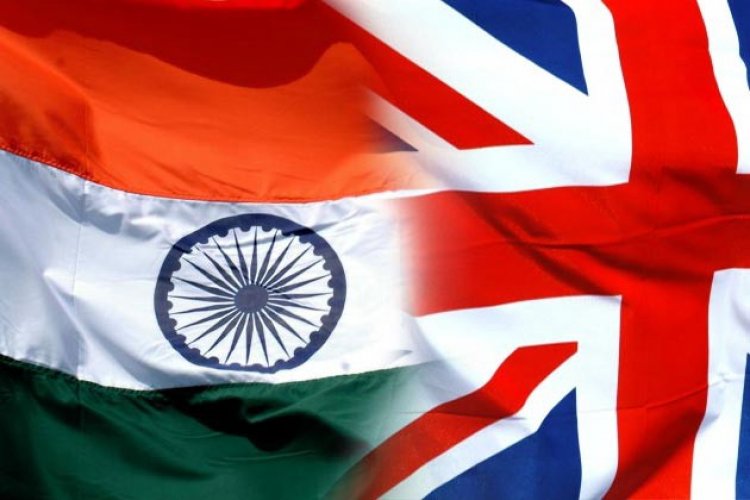India, Britain Trade Deal
STORIES, ANALYSES, EXPERT VIEWS

After Brexit, Prime Minister Boris Johnson needs a treaty with India. He is confident that the “Enhanced Trade Partnership” and the “memorandum of understanding on India-UK Migration and Mobility Partnership” that he and Prime Minister Modi had endorsed on May 4 “mark the beginning of a new era in the UK-India relationship”.
Britain, writes Sunanda K Datta Ray (senior journalist, columnist and author) “sees India as an Indo-Pacific partner in the great game of countering China. Britain is also the country with which India interacts most intimately at many levels.”
Apart from a series of agreements on climate change, technology and pharmaceuticals, the Narendra Modi-Boris Johnson negotiations had finalised Indian investment worth £1 billion to create over 6,500 jobs in Britain. The other significant outcome was a commitment by both sides to begin trade talks this year to “negotiate a comprehensive Free Trade Agreement”, remove trade barriers, and double bilateral trade by 2030.
The partnership deal will lift all export barriers on goods ranging from British apples to medical devices and open up India's legal services to British firms. In return, Britain agreed to improve access to its fisheries and nursing sectors.
Migration a contentious issue: Migration has long been a contentious issue between India an Britain. Britain’s 2011 census recorded 1,451,862 Indian-origin persons, accounting for 2.3 per cent of the population. Migration has long been a contentious issue. When migration was discussed during Theresa May’s 2016 visit to India, London claimed that as many as 100,000 Indians lived illegally in Britain. New Delhi disputed this figure, throwing in the counter-argument that tens of thousands of young Indians who go to Britain to study are denied job opportunities there. Another charge was that Britain is about the only country in the world that counts post-graduate Indian students staying on for a year or two’s practical training as migrants.
Stalled negotiations on FTA with EU resumed
At the same time, stalled negotiations with the EU, have been stalled since 2013 but were resumed on May 8 when the 16th India-EU virtual summit was held at Porto, Portugal. The major sticking points in the India-EU negotiations — tariffs on automobiles, wines and spirits, restrictions the on free movement of professionals, data security status for the IT sector, market access and waiver of patent rights on Covid-related innovations — are important but are not explosive like migration.
















